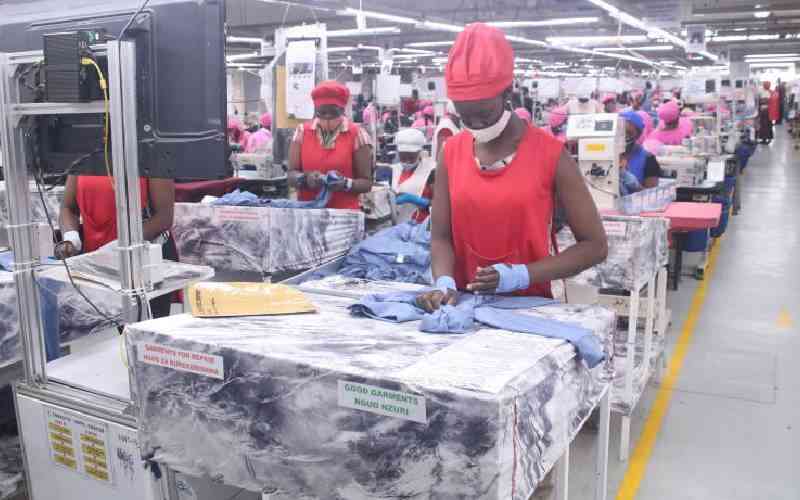×
The Standard e-Paper
Stay Informed, Even Offline

Whenever the conversation on small businesses is held, the micro sector is rarely mentioned. If it makes it as a mention, it is in passing.
It may be a slip of the tongue, an oblivious omission, or the palate's easiness in pronouncing the acronyms SME as compared to MSME - but this has finally gotten the attention of the State.